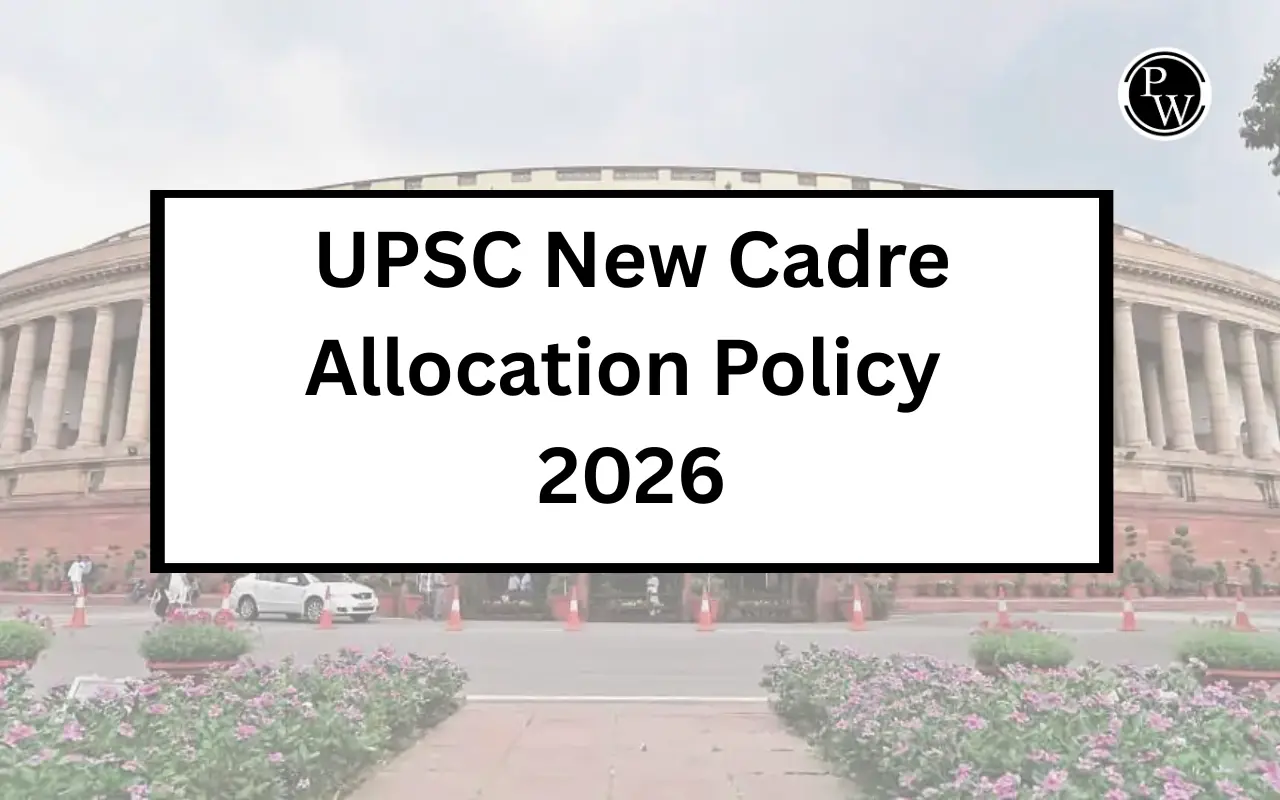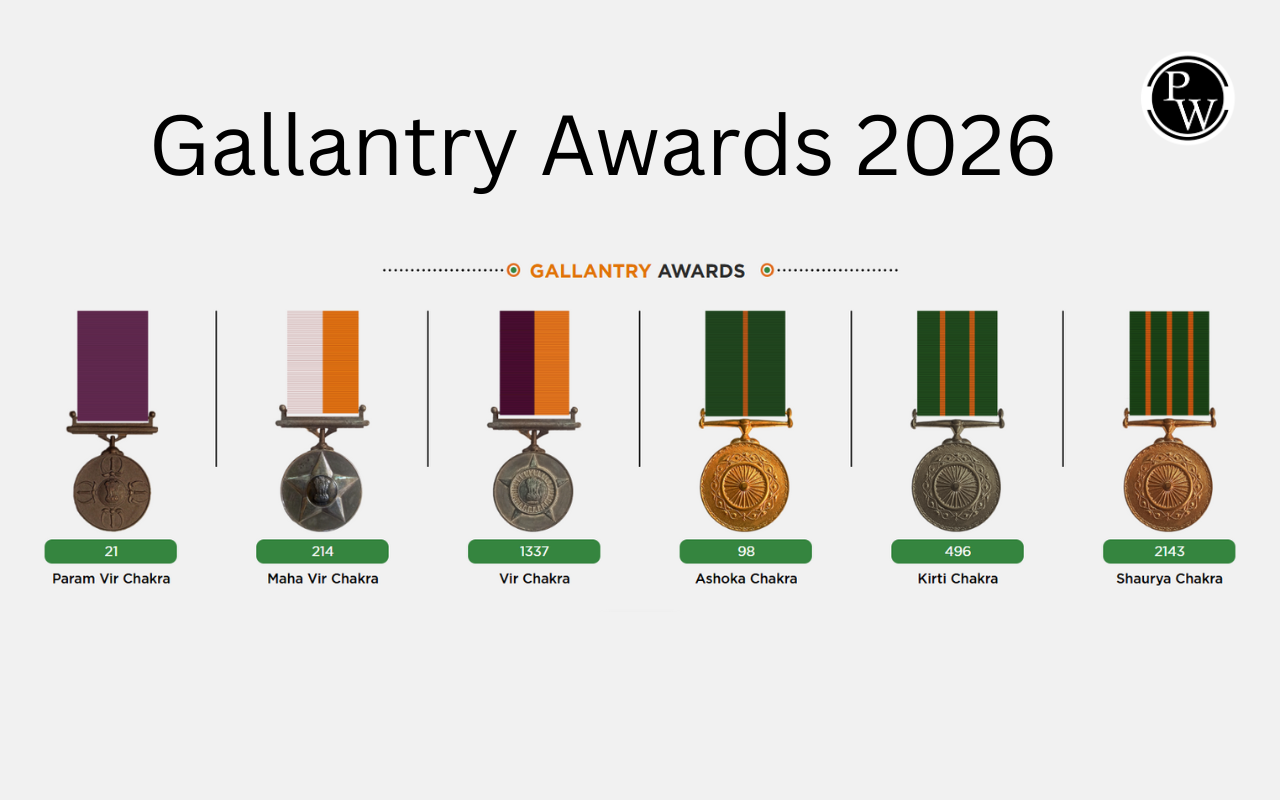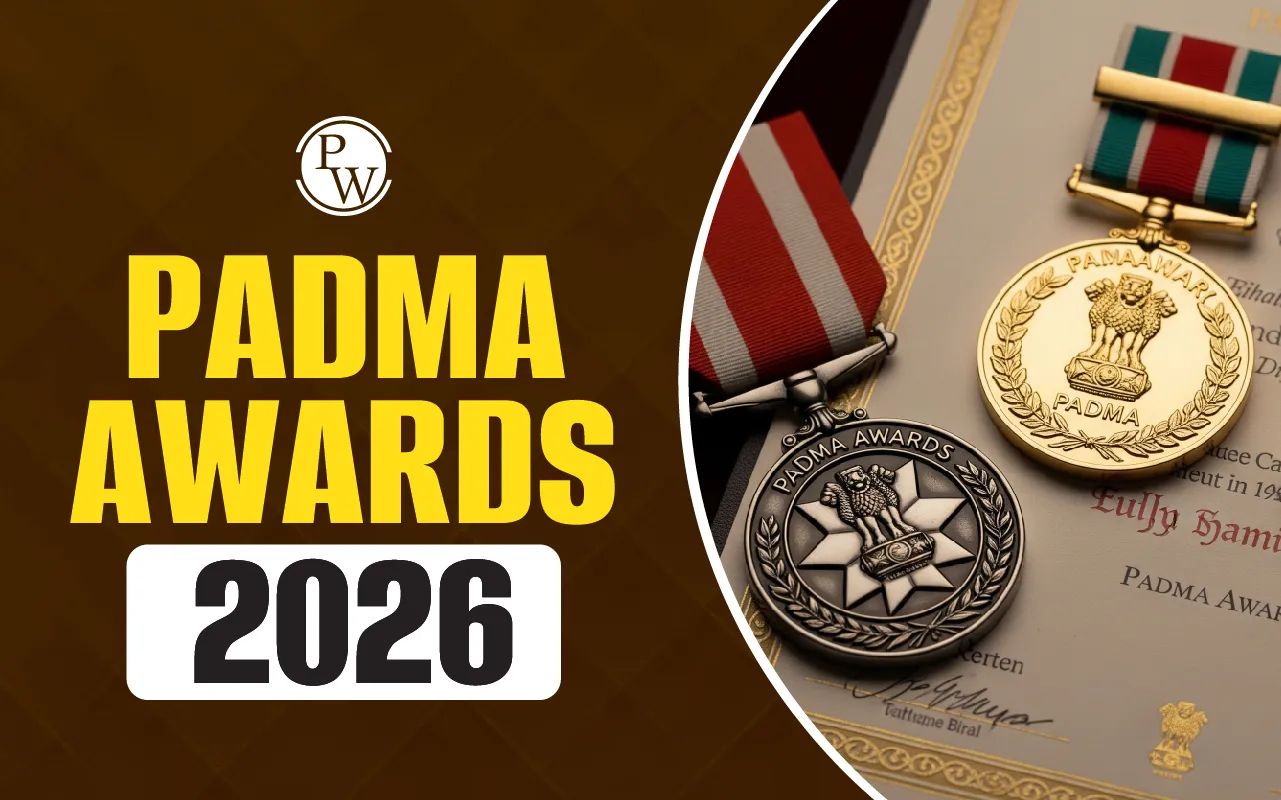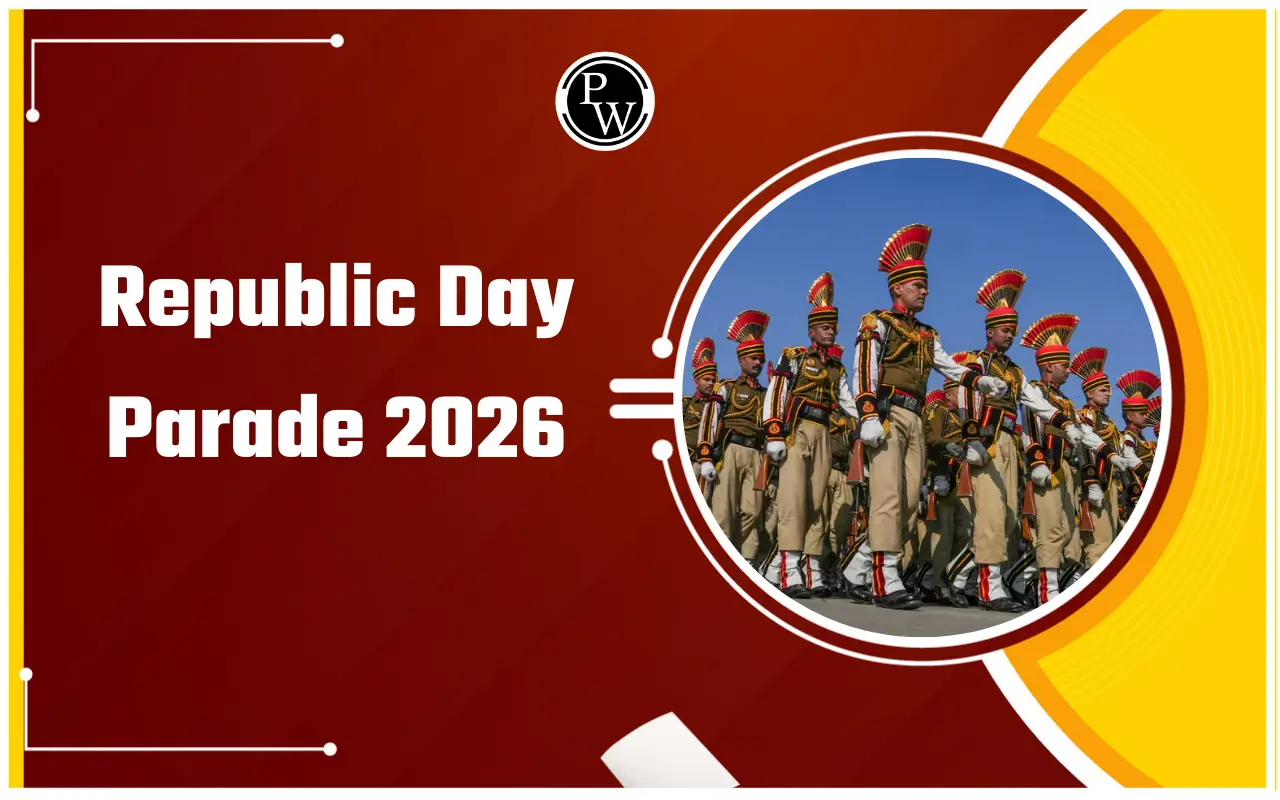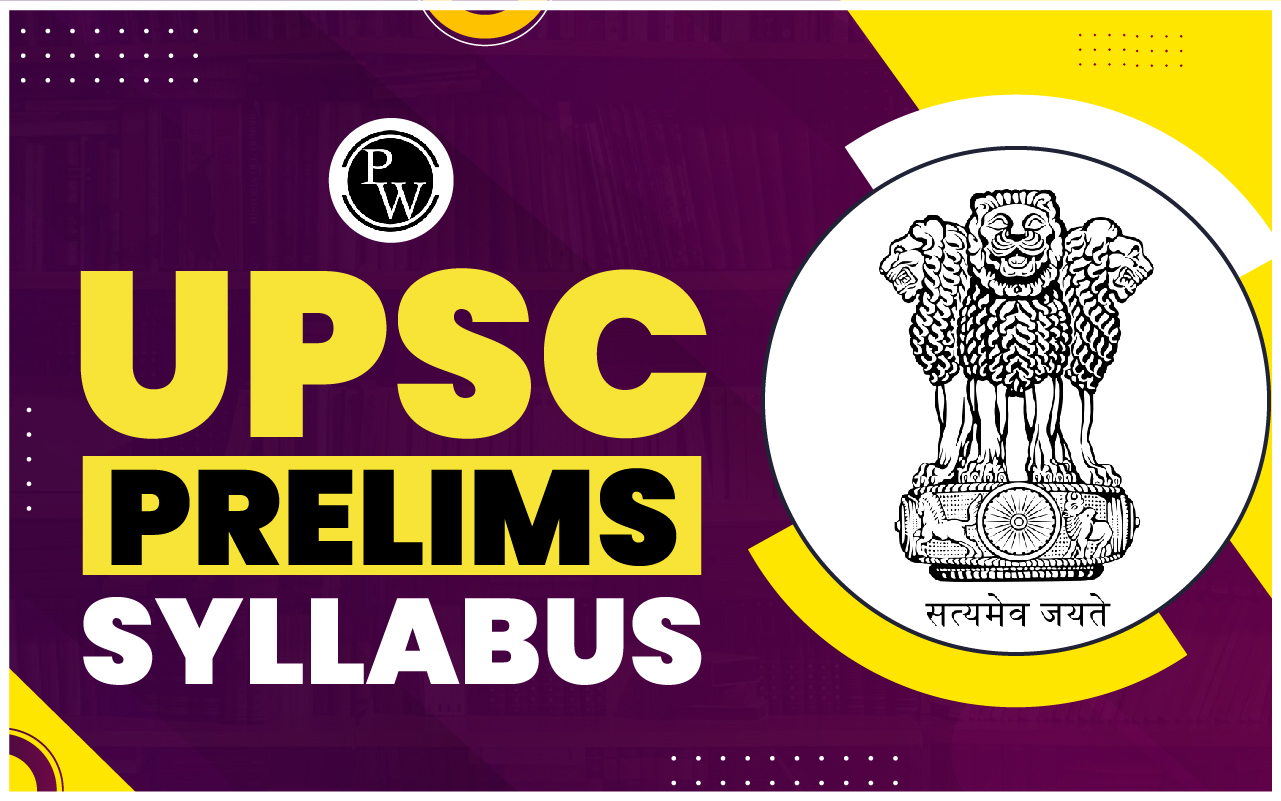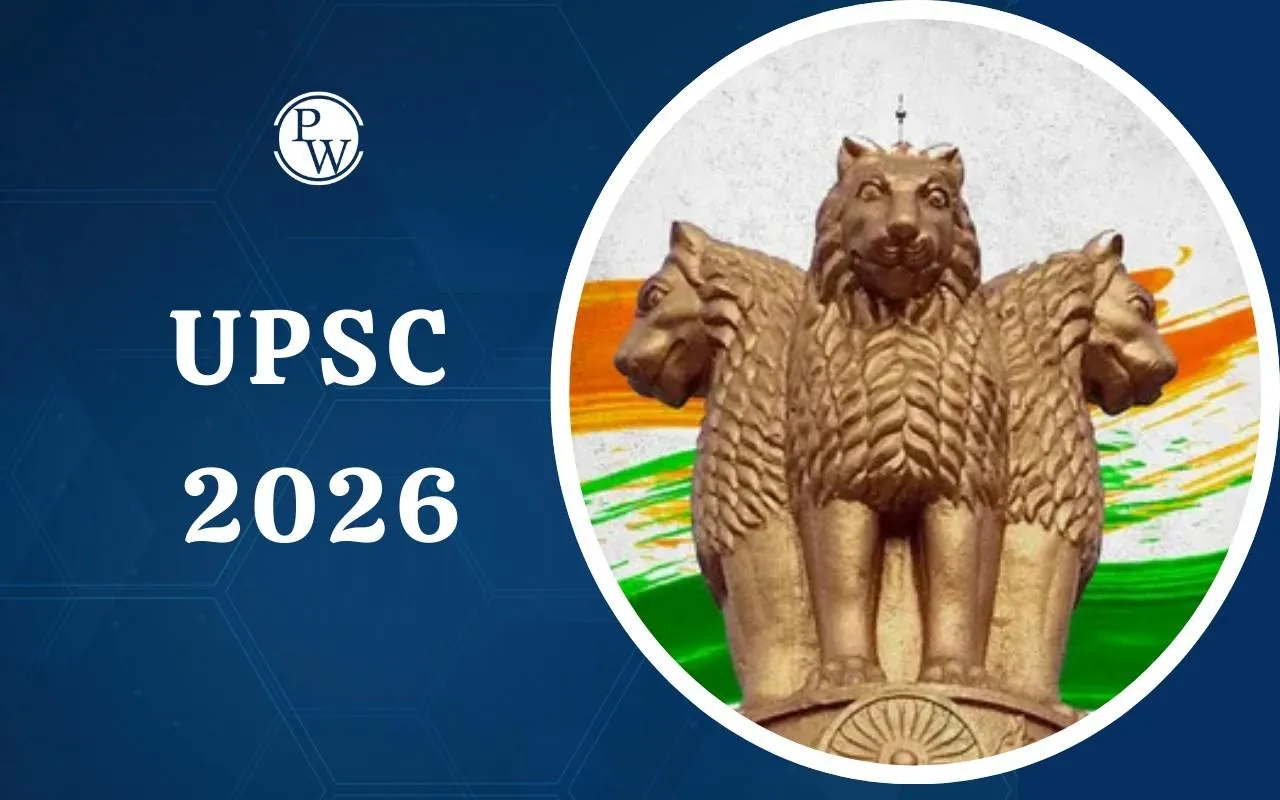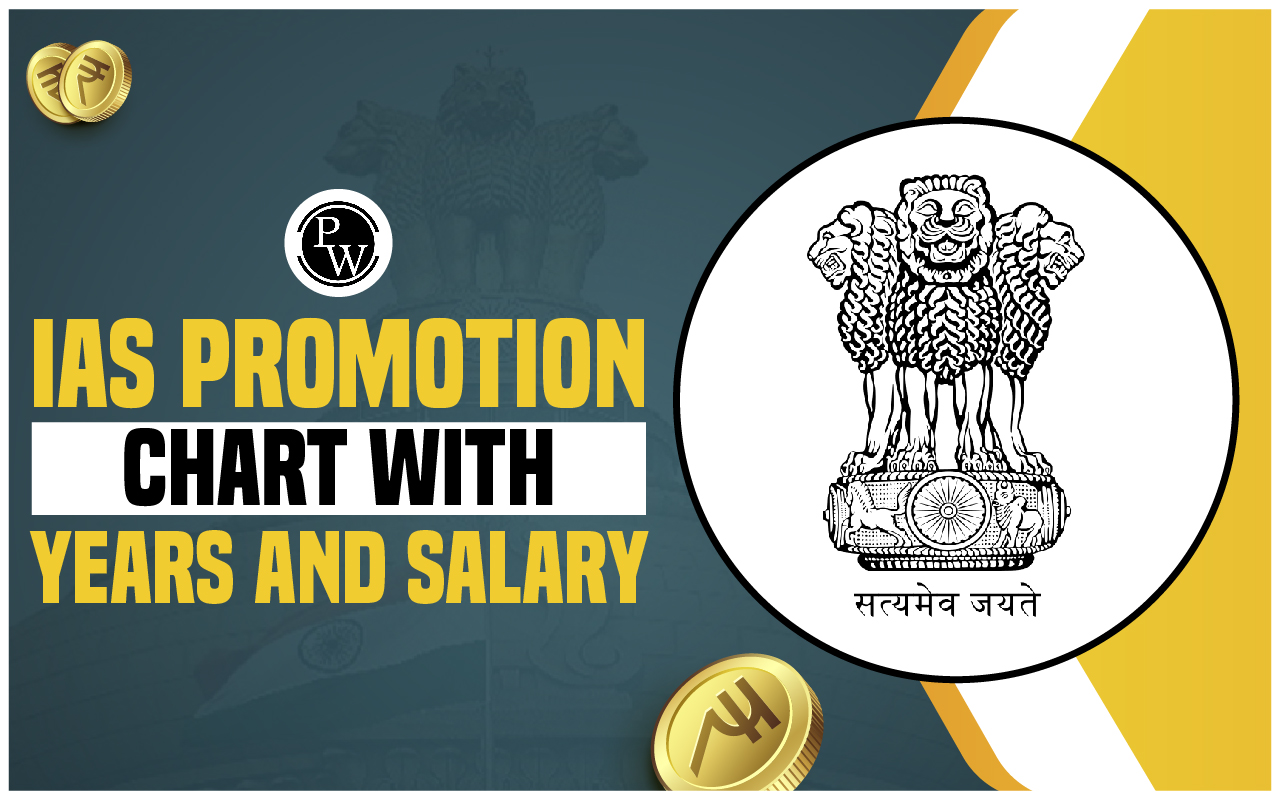
Sociology Optional: Sociology is the scientific study of human society that focuses on society, human social behaviour, patterns of social relationships, social interaction, and aspects of culture associated with everyday life. Choosing sociology as an optional for the UPSC MainsExamination can be beneficial across GS Papers 1, 2, and 3, as well as the interview phase.
The Sociology Optional Syllabus is divided into two papers: Optional Paper I and Optional Paper II. The study material of Sociology Optional Subject is common with the Indian Society section of General Studies Paper 1 in UPSC Mains, and it provides valuable insights for General Studies Paper 2 and the Essay paper. The Sociology Optional syllabus for UPSC emphasizes contemporary societal issues and is discussed here.Sociology Optional Syllabus 2025
Each Sociology optional paper in the UPSC CSE carries 250 marks, totaling 500 marks for both papers combined. Sociology remains a popular choice among aspirants, as the subject closely aligns with the roles and responsibilities of an IAS officer, who must understand and address diverse social issues. A strong foundation in sociology also proves advantageous during the UPSC interview, where socio-political awareness is often tested.
Below is a broad overview of the Sociology Optional Syllabus for Papers I and II:
Sociology Optional Syllabus For Paper I:
The table below contains the syllabus of UPSC Sociology Optional for Paper I, known as 'Fundamentals of Sociology':| Sociology Optional Syllabus of Optional Paper I | |
| Topic | Subtopics |
| Sociology - The Discipline |
(a) Modernity and social changes in Europe and the emergence of Sociology. (b) Scope of the subject and comparison with other social sciences. (c) Sociology and common sense. |
| Sociology as Science |
(a) Science, scientific method, and critique. (b) Major theoretical strands of research methodology. (c) Positivism and its critique. (d) Fact value and objectivity. (e) Non-positivist methodologies |
| Research Methods and Analysis |
(a) Qualitative and quantitative methods. (b) Techniques of data collection. (c) Variables, sampling, hypothesis, reliability, and validity |
| Sociological Thinkers |
(a) Karl Marx - Historical materialism, mode of production, alienation, class struggle. (b) Emile Durkhteim - Division of labour, social fact, suicide, religion and society. (c) Max Weber - Social action, ideal types, authority, bureaucracy, protestant ethic and the spirit of capitalism. (d) Talcolt Parsons - Social system, pattern variables. (e) Robert K. Merton - Latent and manifest functions, conformity and deviance, reference groups. (f) Mead - Self and identity |
| Stratification and Mobility |
(a) Concepts - equality, inequality, hierarchy, exclusion, poverty and deprivation. (b) Theories of social stratification - Structural functionalist theory, Marxist theory, Weberian theory. (c) Dimensions - Social stratification of class, status groups, gender, ethnicity and race. (d) Social mobility - open and closed systems, types of mobility, sources and causes of mobility. |
| Works and Economic Life |
(a) Social organization of work in different types of society - slave society, feudal society, industrial capitalist society (b) Formal and informal organization of work. (c) Labour and society. |
| Politics and Society |
(a) Sociological theories of power. (b) Power elite, bureaucracy, pressure groups, and political parties. (c) Nation, state, citizenship, democracy, civil society, ideology. (d) Protest, agitation, social movements, collective action, revolution. |
| Religion and Society |
(a) Sociological theories of religion. (b) Types of religious practices: animism, monism, pluralism, sects, cults. (c) Religion in modern society: religion and science, secularization, religious revivalism, fundamentalism |
| Systems of Kinship |
(a) Family, household, marriage. (b) Types and forms of family. (c) Lineage and descent. (d) Patriarchy and sexual division of labour. (e) Contemporary trends. |
| Social Change in Modern Society |
(a) Sociological theories of social change. (b) Development and dependency. (c) Agents of social change. (d) Education and social change. (e) Science, technology, and social change |
Sociology Optional Syllabus For Paper II:
The table below contains the syllabus of UPSC Sociology Optional for Paper II, known as Indian Society: Structure and Change| Sociology Optional Syllabus of Optional Paper II | |
| Topics | Subtopics |
| Introducing Indian Society | |
| Perspectives on the Study of Indian Society |
|
| Impact of colonial rule on Indian society |
|
| Social Structure | |
| Rural and Agrarian Social Structure |
|
| Caste System |
|
| Tribal Communities in India |
|
| Social Classes in India |
|
| Systems of Kinship in India |
|
| Religion and Society |
|
| Social Changes in India | |
| Visions of Social Change in India |
|
| Rural and Agrarian Transformation in India |
|
| Industrialization and Urbanisation in India |
|
| Politics and Society |
|
| Social Movements in Modern India |
|
| Population Dynamics |
|
| Challenges of Social Transformation |
|
Sociology Optional Exam Pattern 2025
The exam pattern for Sociology Optional is as follows:- The UPSC main exam is divided into two papers, i.e., Paper-1 and Paper-2.
- Both Paper I and Paper II carry 250 marks each, making a total of 500 marks for the sociology optional papers.
- In both Paper I and Paper II of Sociology Optional, candidates have to attempt FIVE questions in all.
- Question Number 1 and Question Number 5 from both Papers are compulsory to attempt, and out of the remaining questions, THREE are to be attempted, choosing at least ONE question from each Section
Sociology Optional Books for UPSC CSE Preparation
Books for Sociology are a crucial aspect for aspirants choosing Sociology as their optional subject in the UPSC exam. Equipped with appropriate sociology texts and a well-defined approach, tackling this widely chosen optional subject becomes feasible. Yet, the plethora of available resources may befuddle and burden candidates when deciding. Opting for the correct sociology optional books is imperative to circumvent undue stress in the preparation phase.Sociology Optional Books for Paper I
The table below contains the list of Books for Sociology Optional Paper I:| Sociology Optional Books List for Optional Paper I | ||
| S.No. | Book | Author(s) |
| 1 | Sociology | Anthony Giddens |
| 2 | Sociological Theory | Ritzer George |
| 3 | Sociology | Haralambos & Holborn |
| 4 | Oxford Dictionary Of Sociology | Oxford |
| 5 | Sociological Thought | M Francis Abraham and John Henry Morgan |
| 6 | Political Theory | O P Gauba |
Sociology Optional Books for Paper II
The table below contains the list of Books for Sociology Optional Paper II:| Sociology Optional Books List for Optional Paper I | ||
| S. No. | Book | Author(s) |
| 1 | Social Change in India | M N Srinivas |
| 2 | Caste Its Twentieth Century Avatar | M N Srinivas |
| 3 | Handbook of Indian Sociology | Veena Das |
| 4 | Indian Society and Culture | Nadeem Hasnain |
| 5 | Modernization of Indian Tradition | Yogendra Singh |
| 6 | Persistence and Change in Tribal India | M.V. Rao |
| 7 | Rural Sociology | S L Doshi |
| 8 | Social Background of Indian Nationalism | A R Desai |
Sociology Optional PYQs for UPSC CSE Exam
The table below contains the direct PDF links of the previous year's Question Papers of Paper I and Paper II:| UPSC CSE Sociology Optional PYQ 2024 | |
| UPSC CSE Sociology Optional Paper I (2024) | UPSC CSE Sociology Optional Paper II (2024) |
| UPSC CSE Sociology Optional PYQ 2023 | |
| UPSC CSE Sociology Optional Paper I (2023) | UPSC CSE Sociology Optional Paper II (2023) |
| UPSC CSE Sociology Optional PYQ 2022 | |
| UPSC CSE Sociology Optional Paper I (2022) | UPSC CSE Sociology Optional Paper II (2022) |
| UPSC CSE Sociology Optional PYQ 2021 | |
| UPSC CSE Sociology Optional Paper I (2021) | UPSC CSE Sociology Optional Paper II (2021) |
| UPSC CSE Sociology Optional PYQ 2020 | |
| UPSC CSE Sociology Optional Paper I (2020) | UPSC CSE Sociology Optional Paper II (2020) |
Sociology Optional Toppers
Sociology Optional, in recent years, has become the most favoured optional subject amongst the aspirants because of high scoring nature and toppers in recent years fetching higher marks in Sociology Optional than other subjects. The table contains the list of UPSC Toppers who got the highest marks in Sociology Optional each year, along with their ranks and marks:| Sociology Optional Toppers | |||
| Year | Name | Rank | Marks |
| 2024 | Aayushi Bansal | Rank 7 | NA |
| 2021 | Gamini Singla | Rank 3 | 287 |
| 2020 | Meera K | Rank 6 | 315 |
| 2019 | Sanjita Mohapatra | Rank 10 | 272 |
| 2018 | Vishal Shah | Rank 63 | 329 |
| 2017 | Anu Kumari | Rank 2 | 318 |
| 2016 | Ila Tripathi | Rank 51 | 301 |
UPSC CSE Sociology Optional Preparation Strategy
Sociology stands as a favored optional subject for numerous IAS aspirants, owing to its straightforward syllabus. Therefore, adhering to a distinct UPSC sociology preparation strategy is essential for maximizing one's chances of success in this paper. Below are some tips and techniques to excel in the sociology subject:- Familiarize Yourself with the Syllabus: Understand the Sociology Optional syllabus to create a structured preparation plan.
- Establish Clear Concepts: Build a strong foundation by studying key theories and concepts in Sociology.
- Utilize Quality Reference Books: Refer to standard books for Sociology to gain in-depth knowledge and clarity.
- Focus Current Affairs: Preparing sociology optional along with current affairs also helps in covering the syllabus of General Studies Paper I and General Studies Paper II of the Mains examination.
- Make your own notes for revision purposes: Prepare concise, topic-wise notes for quick revision closer to the exam.
- Practice with Previous Year's Papers: Solve previous years' question papers to understand the nature of questions and improve time management.
- Prioritize Revision and Answer-Writing Practice: Regularly revise what you've studied and practice answer writing to enhance your writing skills.
- Attempt the Full-Length Tests: Take full-length mock tests under exam-like conditions to assess your preparation and identify areas for improvement.
| Sociology Optional Course | |
| Prahar (Hinglish) 2025 + UPSC Sociology Optional (Hinglish) | Click Here to Register |
Sociology Optional Syllabus FAQs
Is sociology a good optional for UPSC Mains?
Is 2 months enough for sociology optional?
What is the sociology optional syllabus?
What are the disadvantages of sociology optional?
How scoring is sociology optional?


